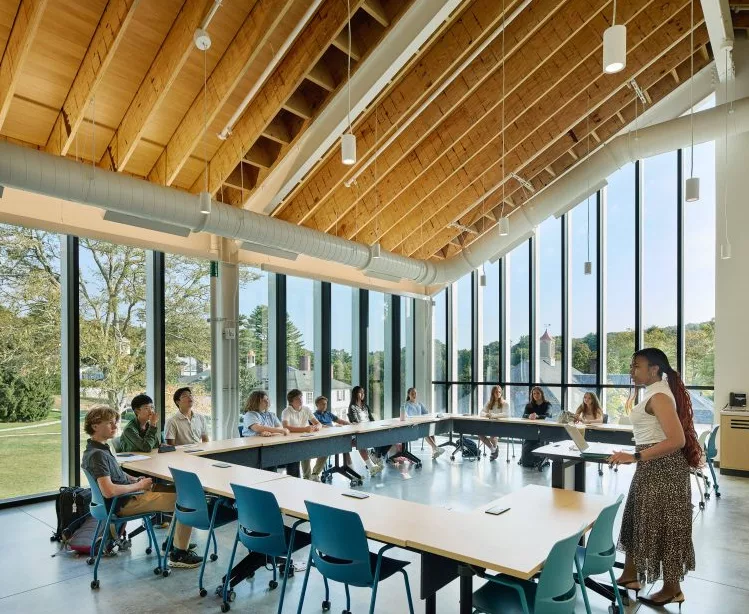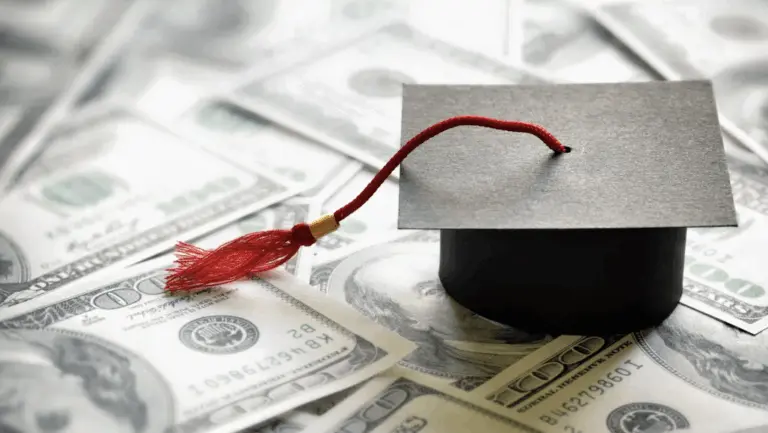One of my most vivid memories of middle school was an argument I had with a teacher about the nature of a line. Was it a segment that had end points and a line that stretched to infinity, or was it the other way around? I was furious that my seventh grade math teacher wouldn’t admit that he had misspoken. I wouldn’t let it go, and I was asked to leave the classroom. I wonder whether you thought of a story like this when reading the title of this article?
My guess is that we all have a memory — or many — of teachers who doubled down in their expertise even when they were wrong, or even when they had lost our attention, or our trust. Our memory of stories like these, seared in our minds from a young age, belies our unquestioned assumptions about what it is that teachers are supposed to be experts in. What I do not mean to reinforce in what I am outlining here is that teachers are content experts, or even experts in the cultivation of skills in their students. This is a baseline for being a teacher, and an evolving need, given the interventions of Artificial Intelligence and other technologies that are disrupting, and will continue to disrupt, education. Rather, I am inviting us to consider that teachers have all of the answers about what is needed for great education, and how best to help learners of all ages lean into relationships with teachers as mentors, in classrooms of high trust, high expectations, and high support. By my unironic title, I mean that, whether they know it or not, teachers, as experts in their craft, collectively have everything they need to face the future demands of teaching and learning — and they likely also have all of the answers to our most intractable challenges as schools and school leaders.
The independence of teachers and the independence of independent schools are a point of pride for the American academic system. Solidified in the Supreme Court ruling that struck down a state law mandating state-run schools (Pierce v. Society of Sisters, 1925), independent schools are asked to justify that our practices are in alignment with our mission and values. There is no singular national accrediting body, as there is, for example, in England, which also has a tradition of independent schools.
Inside of these schools are independent school teachers, who are also generally not required to be credentialed by singular institutions, or even types of institutions. We take as a point of pride that our faculty are independent, critical thinkers, whose calling is to work with young people. We then invest in these educators, so that, over a lifetime of practice in the classroom, they are continually learning not only their discipline, but also best practices in how to engage and support their learners.
At our school (The Frederick Gunn School), several years ago we engaged in an experiment. What would happen if we interviewed our top faculty and asked what they do to ensure excellence in their classrooms? We started by asking our department chairs and administrators to put together a list of who they would consider “top performers.” This way, we had a broad but manageable cohort. We then had a third-party specialist in behavioral interviews speak with each of these top performers. That specialist created a report of themes shared across our educators, no matter the classroom. This report was synthesized further by our Academic Dean and Department Chairs and became a framework for our school’s teaching competencies. These are behavior-based lists that help us align excellence across our classrooms, seek and receive feedback, and create goals for measured growth. We have since expanded this competency framework to other aspects of school life, and even recently to our leadership standards for school administrators.
This experiment has me wondering, and hopeful. It seems to me that our teachers, in the classroom every day with students, have within themselves answers to some of the most intractable questions that we face with students. And, I am curious, has there been a large-scale study where a research team asks a small network of identified national educators who are “top performers” about some of those challenges?
Imagine with me a research project: every school in America puts forward its three “top performers” and then we listen to what their biggest challenges are and how administrators might meet those needs. Now imagine that we actually hear them and prioritize the solutions they propose. If this project has been done, I would love to see it.
What I would guess we would find, in part because this is what we found at our school, is that the real value in our schools is in the interactions between teachers and students; moments where our learners are deeply known, ambitiously challenged, and specifically supported. The excellence of teaching is in the doing, like a craft. It is in the practice of engagement and connection with students that teachers learn the essential skills of engaging and connecting; which, as we all know, is what leads most directly to student outcomes. From a very small sample size, what I can share is that asking teachers to rely on the expertise of one another when establishing goals and striving towards excellence is a game changer in faculty culture.
The question for all schools would be: if you can name these interpersonal intangibles that lead to excellence, is it possible to coach all educators for them, and see them permeate a school culture? At The Frederick Gunn School, we are pursuing this at an intentional scale, and we are eager to find the answer.
Emily Raudenbush Gum is the 12th Head of School at The Frederick Gunn School in Washington, CT, celebrating its 175th year.




